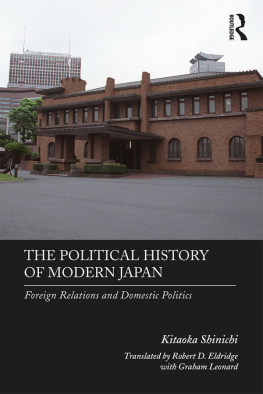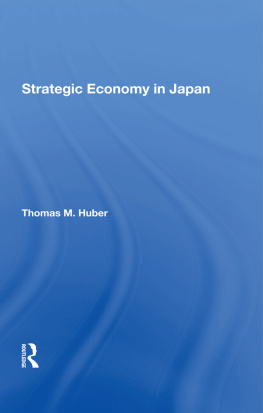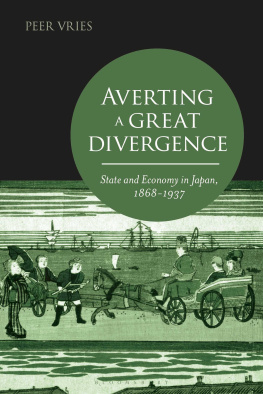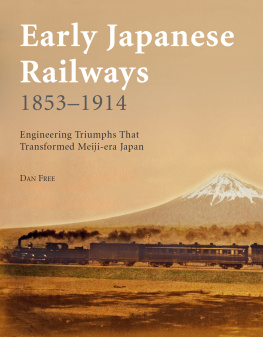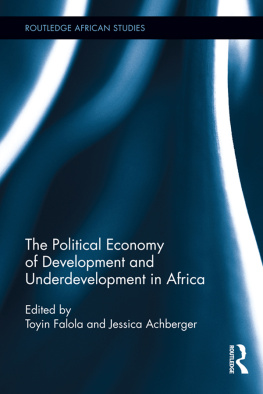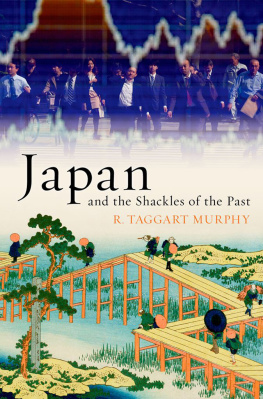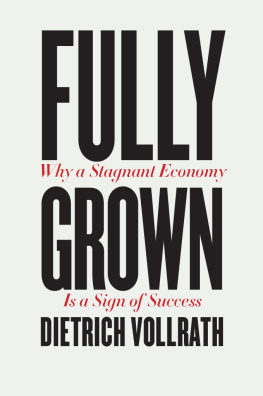EAST ASIA
HISTORY, POLITICS, SOCIOLOGY, CULTURE
EDITED BY
EDWARD BEAUCHAMP
UNIVERSITY OF HAWAII
A ROUTLEDGE SERIES
OTHER BOOKS IN THIS SERIES:
MODERN EDUCATION, TEXTBOOKS, AND THE IMAGE OF THE NATION
Politics and Modernization and Nationalism in Korean Education:1880-1910
Yoonmi Lee
PROBLEMS OF DEMOCRATIZATION IN CHINA
Thomas G. Lum
THE UNKNOWN CULTURAL REVOLUTION
Educational Reforms and Their Impact on Chinas Rural Development 1966-1976
Dongping Han
MAOS PREY
The History of Chen Renbing, Liberal Intellectual
Jeanette Ford Fernandez
THE ROOTS OF JAPANS ENVIRONMENTAL POLICIES
Anny Wong
THE ORIGINS OF THE BILATERAL OKINAWA PROBLEM
Okinawa in Postwar US-Japan Relations, 1945-1952
Robert D. Eldridge
SOUTH-SOUTH TRANSFER
A Study of Sino-African Exchanges
Sandra Gillespie
GENDER, ETHINCITY, MARKET FORCES, AND COLLEGE CHOICES
Obsevations of Ethinc Chinese in Korea
Sheena Choi
CHINESE FEMINISM FACES GLOBALIZATION
Sharon Wesoky
STUDYING THE ENEMY
Japans Hands in Republican China & Their Quest for National Identity
Christiane I. Reinhold
STATE FORMATION, PROPERTY RELATIONS, & THE DEVELOPMENT OF THE TOKUGAWA ECONOMY (1600-1868)
Grace H. Kwon
First published 2002 by Routledge
Published 2016 by Routledge
2 Park Square, Milton Park, Abingdon, Oxon OX14 4RN
711 Third Avenue, New York, NY 1001 7, USA
Routledge is an imprint of the Taylor & Francis Group, an informa business
Copyright 2002 Routledge.
All rights reserved. No part of this book may be reprinted or reproduced or utilised in any form or by any electronic, mechanical, or other means, now known or hereafter invented, including photocopying and recording, or in any information storage or retrieval system, without permission in writing from the publishers.
Notice:
Product or corporate names may be trademarks or registered trademarks, and are used only for identification and explanation without intent to infringe.
Credits and acknowledgments borrowed from other sources and reproduced, with permission, in this textbook appear on appropriate page within text
Library of Congress Cataloging-in-Publication Data available from the Library of Congress
ISBN 9780415933896 (hbk)
For My Grandmother,
Kwon O Dol
(AS #2) Amagasaki shi-shi 2
(H&Y) Hanley & Yamamura (1977)
(HS) Horigane mura-shi
(FK#l) Fukushima ken-shi (Kinsei 1)
(FK#2) Fukushima ken-shi (Kinsei 2)
(NK#1) Nagano ken-shi (Kinsei 1)
(NK#2) Nagano ken-shi (Kinsei 2)
(NK#3) Nagano ken-shi (Kinsei 3)
(NS#2) Nishinomiya shi-shi 2
I would like extend my sincerest gratitude to Robert Brenner, John Duncan, Fred Notehelfer, and a special thank you to Herman Ooms. I owe each and everyone of them a great intellectual debt. Their sound and timely advice, insightful suggestions and inputs, academic guidance, as well as emotional support through each step of this long and arduous process made success and completion possible.
A thank you is also owed to Professor Tanimoto Masayuki for his time, patience, and enthusiasm for my work and Professor Oshima Mario for his invaluable advice regarding the contents of my thesis and for essentially, pointing the way to the necessary source material. I would like to especially thank Professor Saito Osamu. Not only was he a magnanimous mentor during my year at Hitotsubashi University, I owe much to his scholarship on Tokugawa economic history which I have utilized both as an empirical springboard and guiding framework for my research.
The usual suspects are also recognized. My parents, my sisters, Susie, Elise, Jung Sun, & Jessica, and my brother, James, as well as my friends, both here and in Japan, for their patience and unwavering support.
A ccording to the neo-classical model of commercialization as most fully represented in the case of Tokugawa Japan by Hanley and Yamamura (H&Y), rural producers are profit-maximizers who, when given market opportunities, voluntarily exchange an existence based on subsistence agriculture for one based on market-oriented production. H&Ys explanation of preindustrial Japanese economic development is based on the demandpull effect of urban-rural trade as well as on a behavioral assumption of how traditional rural producers respond to changing opportunity costs and incentives for profit. Institutional factors which structure both producer behavior and economic choices are largely overlooked and/or relegated to subsidiary roles in the long-term transformation of markets.
In contrast to this position, it is argued here that rather than the singular force of the market, the particularities of Tokugawa class and property relations made effective response to changing relative prices andre-organization of agricultural production according to the competitive pressures of the market, not merely a choice for rural producers, but an imperative. Simply stated, institutional factors rather than the market constituted the catalyst and opportunity for the beginnings of modern economic development during the Tokugawa Shogunate (1600-1868).
Property relations is defined here as the structure, or more precisely, the particularities of the system of extra-economic surplus extraction characteristic of feudal political formations. The rate and efficacy of feudal taxation and the long-term consequences thereof are determined in the final analysis by the socio-political balance of power between the inherently conflictual relationship of lord and peasant within the state (Brenner 1976). Thus, as Brenner argues in regards to economic development in early modern Europe, rather than the direct effect of trade and commerce, it was only under a particular and appropriate set of social property relations that the substantive transformation of the traditional market in England was able to take place. Likewise, although the critical role of urbanization and trade emanating, as it is argued, from the Kinai cannot be overlooked in understanding the coincidence of forces which helped transform the Tokugawa economy, any analysis of the latter must begin with a clear understanding of Japans Early Modern system of social property relations. This analysis necessarily begins with the era of state formation and the institutional innovations largely attributed to Toyotomi Hideyoshi (1537-1598).
* * *
Hei-no-bunri, Hideyoshis policy of physically and legally separating warriors from peasants, was the foundation of Tokugawa Japans property relations. The purpose of warrior-peasant separation was to restrain the hold of local landed warriors over the small peasantry by removing them from their traditional foothold in the rural community, sequestering them within castletowns, and denying them proprietary control of land.
As will be discussed in , landed samurai who had been during the Sengoku era (circa 1467-1568) no less than petty feudal lords in their own right became castle-bound retainers of daimyo dependent on the taxing powers of the domain for their livelihood. In effect, the separation edict made feudal privilege and land ownership mutually exclusive. The extra-economic right to a portion of the rural surplus was limited to daimyo and shogun while direct proprietary control of land became the prerogative of those legally deemed "peasants" residing in the countryside. The inadvertent outcome of this arrangement was the structural safeguard of peasant property from arbitrary usurpation and extra-ordinary political exactions. While this arrangement seemed to fare well for direct producers, it also meant that any non-market means of reproduction by those who enjoyed proprietary rights to land under the Tokugawa regime, namely local elites of official peasant status and small cultivators, were also thereby eliminated. As a condition of their entitlement to land, therefore, Tokugawa peasants would eventually lose any political sanctuary from economic forces and come to necessarily depend on the market for reproduction and survival.


